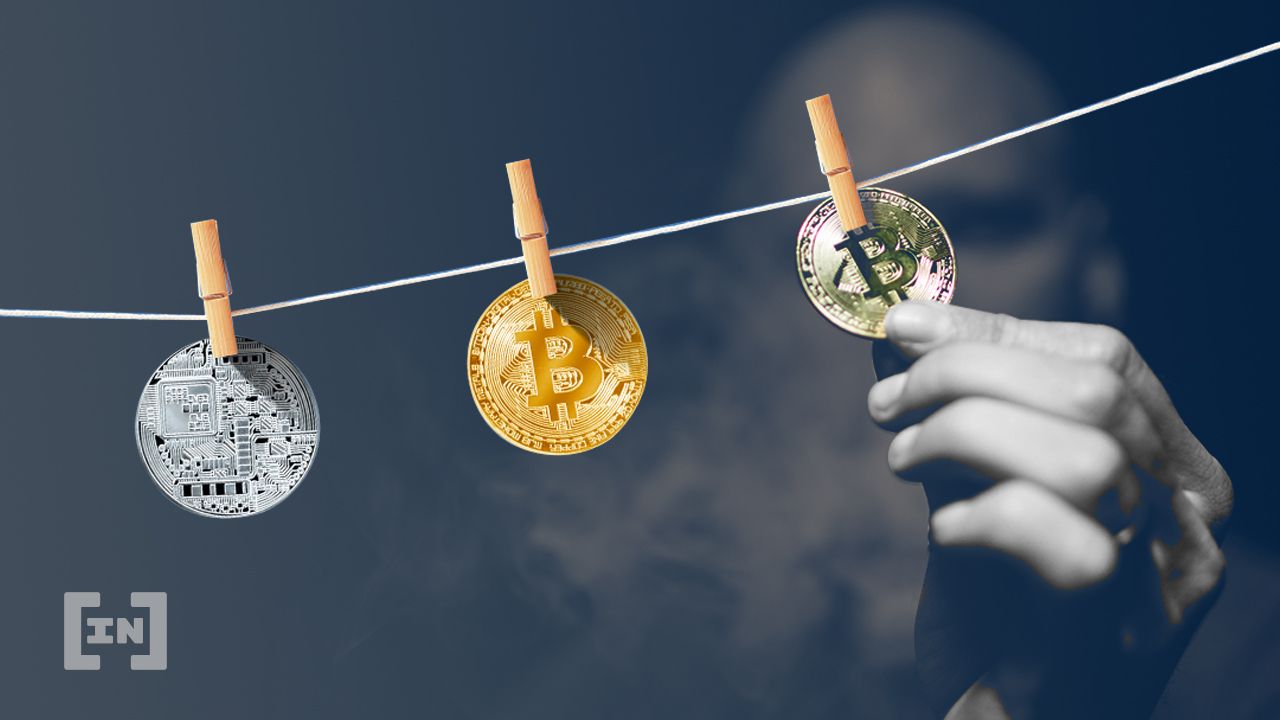Federal police in Brazil have captured a criminal organization accused of using cryptocurrency to launder funds generated from illegal gold mining.
Under Operation Greed, some 60 search and seizure warrants were served, and police ultimately arrested five people. The operation had been linked to health care companies that had been laundering money from illegal gold mining in the northern Brazilian state of Rondonia since at least 2012.
Based on a banking analysis, federal police estimate that over 16 billion reais ($3 billion) moved through the group’s bank accounts between 2019 and 2021.
Among the money laundering methods used, the criminal organization exchanged money primarily through the use of its own cryptocurrency, which was created by one of the group’s shell companies.
Federal police say gang owned mining company
According to police, it was used to “justify the amounts arising from the illegal extraction of gold… as if they were investments of third parties interested in receiving dividends.”
The group was also found to own a mining company that, using invalid environmental permits, laundered gold extracted from other illegal mines in the northern part of the country, police added.
Last year, Brazil’s Câmara dos Deputados (Special Committee of the Chamber of Deputies) approved a bill to crack down on cryptocurrency crimes, focusing specifically on individuals or groups who use cryptocurrency to launder money in Brazil.
Under the bill, penalties for laundering money increase from 33% to 66%. The sentence for money laundering is currently three to 10 years along with the fine.
The update also lengthened the possible prison terms offenders could face, raising from three to 10 year to The updated rules raise the minimum to four years, with the maximum to 116 years and eight months.
The bill outlined what a virtual asset is, specifying them as “a virtual asset as the digital representation of value that can be traded or transferred by electronic means and used to make payments or for investment purposes.”
Disclaimer
In adherence to the Trust Project guidelines, BeInCrypto is committed to unbiased, transparent reporting. This news article aims to provide accurate, timely information. However, readers are advised to verify facts independently and consult with a professional before making any decisions based on this content. Please note that our Terms and Conditions, Privacy Policy, and Disclaimers have been updated.


